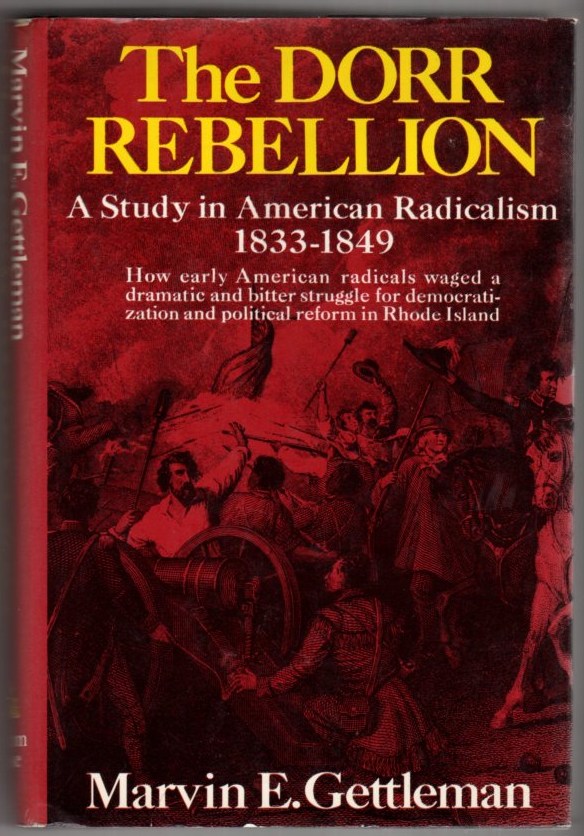
The presidential canvas of 1840 served as a catalyst for democratic reform in the former slave-trading State of Rhode Island, which still limited voting to property-holding requirements. There were black people in the State who were barred from voting; of those who occupational data exists 85 were laborers, 27 pilot-mariners, 14 barbers, and 10 carters and draymen. Abolitionists were not well-thought of in antebellum Rhode Island – it is recalled that the colony had surpassed Liverpool as the center of the transatlantic slave trade by 1750 and that State’s post-Revolution prosperity was built with ill-gotten wealth. Thomas W. Dorr was a former Whig in the reform-minded Democratic party.
Black Suffrage in Rhode Island
More @ Circa 1865

No comments:
Post a Comment